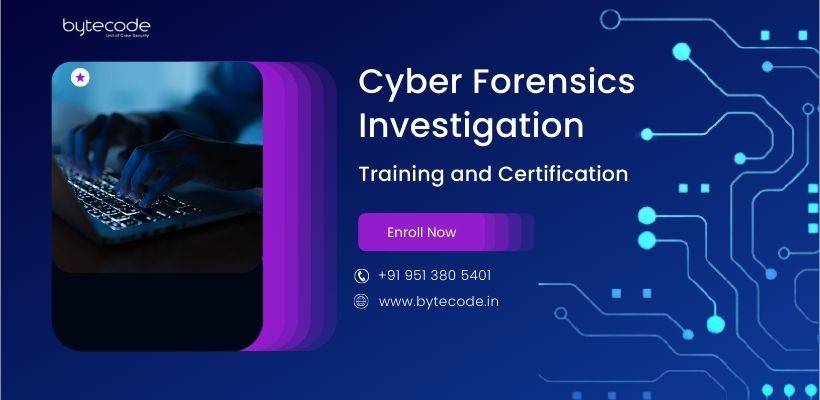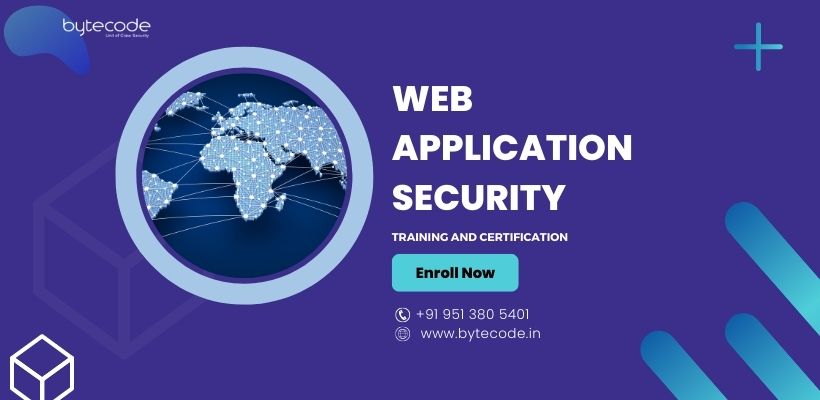ONLINE IN-DEPTH ADVANCED NETWORKING CERTIFICATION
Classroom Training & Online Training Available
Gain an in-depth comprehension of the fundamental concepts of beginning networking by being guided by an experienced and qualified educator through the presentation of detailed concepts. Learn the fundamentals of networking under the direction of a qualified instructor who has taught at several prestigious IT training schools and has over 10 years of industry experience. Participants will have a thorough understanding of networking principles after successfully completing this accredited basic networking course.
The highly skilled and flexible instructors leading this course will make sure that beginners receive an excellent education in the fundamentals of networking. This course provides a full introduction to networking, giving beginners a solid understanding of the subject and a solid basis in essential core concepts.

What will you learn in the Top-Notch Basic Networking Course for Beginners?
Make the most of your education in the beginning networking course by enrolling with a faculty member who specializes in networking for specific guidance. You will have the chance to carefully hone your networking skills under the direction of our very knowledgeable tutors.
Apart from the fundamental concepts of networking, people can gain additional information about pertinent technology within the industry. Reputable organization Bytecode Security provides technical education in these related fields.
The technical education center of Bytecode Security has been offering top-notch technical courses for about ten years. This networking course is designed to enhance your overall comprehension of the topic and comes with a certification. You will gain the abilities you need to succeed as a networking specialist after finishing this course, which will make you an invaluable asset to any IT company.

Best-in-Class Basic Networking Course
Potential learners of beginning networking courses frequently do not have enough time in their professional lives to participate in interactive live classroom sessions. Students can take the Basic Networking Course at Bytecode Security, the Best Cyber Security Training Institute with educational campuses in Saket and Laxmi Nagar, via Virtual Instructor-Led Training (VILT), pre-recorded videos, and conventional classroom training workshops.
Moreover, the curriculum for the online basic networking course via VILT and pre-recorded video training sessions are the same as that of the offline basic networking course, offering thorough and current networking knowledge. Many networking experts connected to international IT companies have approved this program to be the best-suited one for beginners.
Students can attend classes from their homes. It takes less time to attend an online class. At the same time, various groups can attend online classes with bytecode Cyber Security From home.
Eligibility Criteria
Any graduate, undergraduate, or post-graduate student having a passion for information security can undergo our Cyber Security course in Delhi and become a certified ethical hacker. If you are willing to know more about the course or admission eligibility, just give us a call and we will suggest the best batch option for you.
OUR CURRICULUM
Module 01: Computer Networking
Module 02: Introduction To Networking
Module 03: Ipv4 And Ipv6
Module 04: Subnet Mask, Cidr, And Subnetting
Module 05: VLSM, Wild Card, Summarization
Module 06: OSI Model
Module 07: TCP/IP Model
Module 08: Network Devices, Cabling, Packet Tracer
Module 09: ARP and ICMP
Module 10: Packet Flow
Module 11: Routing – Static And Dynamic
Module 12: Static Routing – Next Hop Ip And Exit Interface
Module 13: Dynamic – RIP
Module 14: EIGRP
Module 15: OSPF
Module 16: Redistribution
Module 17: Remote Services ( Telnet And SSH )
Module 18: DHCP
Module 19: ACL
Module 20: Switching
Module 21: L2 Protocols – CDP, VLAN, STP, DTP, VTP
Module 22: Ether-Channel
Module 23: Port Security
Key Features of Top Networking Basics Course
- Fundamentals of Networking and Defence Techniques
- Implementing Network Security Controls and Protocols
- Designing and Implementing Network Security Policies
- VPN Security
- Configuring Host Security, File System Encryption, and Firewall Implementation
- Network Security Threats and Vulnerabilities
- Monitoring and Analysing Network Traffic Network Risks
- Network Risks and Vulnerabilities and Network Incident Response
Highlights of Basic Networking Course: Bytecode Security
- Course Duration: 40 Hours
- Course Level: Intermediate
- Included: Training Certificate
- Language: English, Hindi
- Course Delivery: Classroom Training
- Course pdf: Click here to Download
Our Students are placed in Companies




Our Google Reviews
Our Related Course
Frequently Asked Questions
About Basic Networking Course in Delhi
Is networking in demand?
Computer networking professionals are highly sought after by numerous recruitment agencies and managers for a wide range of networking-related job roles in major urban centers including Delhi NCR, Mumbai, Chennai, Hyderabad, Bangalore, Kolkata, Jaipur, Gwalior, and several more.
It is worth mentioning that the remuneration received by networking professionals is rather substantial, serving as a significant factor motivating numerous aspiring individuals to pursue jobs in these domains.
Is networking a good career option?
Yes, it is! Developing relationships may be a highly lucrative and fulfilling professional path. Rapid technological advancement is increasing the demand for knowledgeable and experienced network specialists. As more businesses rely on computer networks for everyday operations, there will likely be a greater need for network workers.
A networking specialization can also lead to a steady job, a decent salary, and the opportunity to stay current with new developments in networking technology and trends.
How can I learn networking?
You can sign up for an online course taught by a networking expert with years of experience if you're looking to learn networking professionally. It's a basic networking training course.
What are 5 benefits of networking Course?
These are the top 5 advantages of taking a networking course:
- Increased Exposure
- Professional Development
- Access to Resources
- Career Opportunities
- Networking Support
What to learn in networking for cyber security?
A competent Basic Networking Course with AI on cyber security offered by Bytecode Security can genuinely teach you the following:
- Network Protocols
- Network Security
- Network Intrusion Detection
- Network Scanning
- Network Monitoring
Does networking require coding?
No, coding is not necessary for networking. The process of establishing a network between computers and other devices is known as networking. This may entail configuring software, and hardware, and resolving any problems that may come up. Although some networking tasks may need coding, it is not necessary.
How can I start my career in networking?
The first step to launching a networking career is enrolling in a professional basic networking school for beginners. You have to put all of your attention and energy toward finishing the course. After the process is complete, you can schedule interviews with businesses that are interested in hiring new employees.
Which language is used for networking?
Networking is typically done with a programming language such as C, C++, Java, Python, or other languages commonly used for network programming.
What is the future of networking?
Future networking will be fueled by the continuous development of network technologies such as 5G, software-defined networking (SDN), and the Internet of Things (IoT). In this way, 5G will enable faster connection speeds and lower latency for an enhanced user experience; IoT will enable the connectivity of billions of devices to the internet; and SDN will provide a more flexible, programmable, and automated network.
Furthermore, as machine learning (ML) and artificial intelligence (AI) are applied more frequently, networks will be able to develop greater intelligence and self-management.
How do I become a CCNP security?
To become a CCNP Security, you must pass the Cisco Certified Network Professional (CCNP) Security exam. This requires first implementing, configuring, and debugging Cisco network security solutions. It also calls for a valid Cisco Certified Network Associate (CCNA) Security certification. To prepare for the CCNP Security exam, you can take online courses, study online resources, and practice in real-world labs and simulations.
Who is eligible for CCNP?
To be eligible for the Cisco Certified Network Professional (CCNP) certification, applicants must have a valid Cisco Certified Network Associate (CCNA) certification or any CCIE certification.
What are the 3 types of networking?
The 3 types of networking certifications are as follows:
- LAN(Local Area Network),
- WAN(Wide Area Network) and
- MAN(Metropolitan Area Network).
What are the 5 uses of network?
The utilization of computer networks offers numerous benefits to both organizations and individual users.
- Resource Sharing,
- Simultaneous Access,
- High Reliability due to Alternative Sources of Records,
- Cost Reduction,
- Provide a Communication Medium, etc.
Is networking easy?
Although the principles of corporate networking are straightforward, developing proficient networking skills requires practical experience and a dedicated effort. Networking is personal by definition. It takes time to establish connections while establishing a new relationship. Creating consoling strategies when getting to know someone else is beneficial for achieving desired outcomes.
How do I start networking?
You can genuinely start networking by following the below-mentioned steps:
- Start with who you know. By the time you graduate from college, you’ve already built a small network.
- Be open to meeting new people.
- Seek out opportunities.
- Be curious and ask questions.
- Follow up and stay in contact.
Is networking a good job?
It looks like a fascinating and expanding career path to work in computer networking. Experts in computer networking are essential in many different sectors of the economy because they oversee the creation, upkeep, and security of crucial computer systems within companies.
Are network engineers stressful?
The occupation of networking engineers is characterized by a significant degree of stress due to the necessity of possessing advanced programming abilities and proficiency in a multitude of coding languages in order to effectively execute a wide range of networking protocol-related responsibilities.
What are 5 benefits of networking Course?
These are the top 5 advantages of taking a networking course:
- Increased Exposure
- Professional Development
- Access to Resources
- Career Opportunities
- Networking Support
































